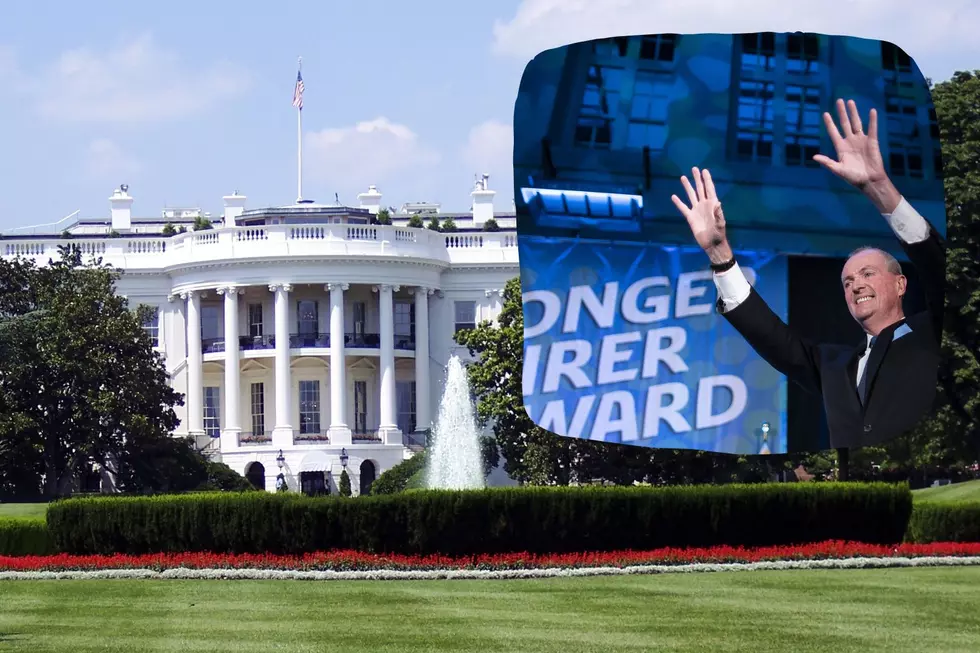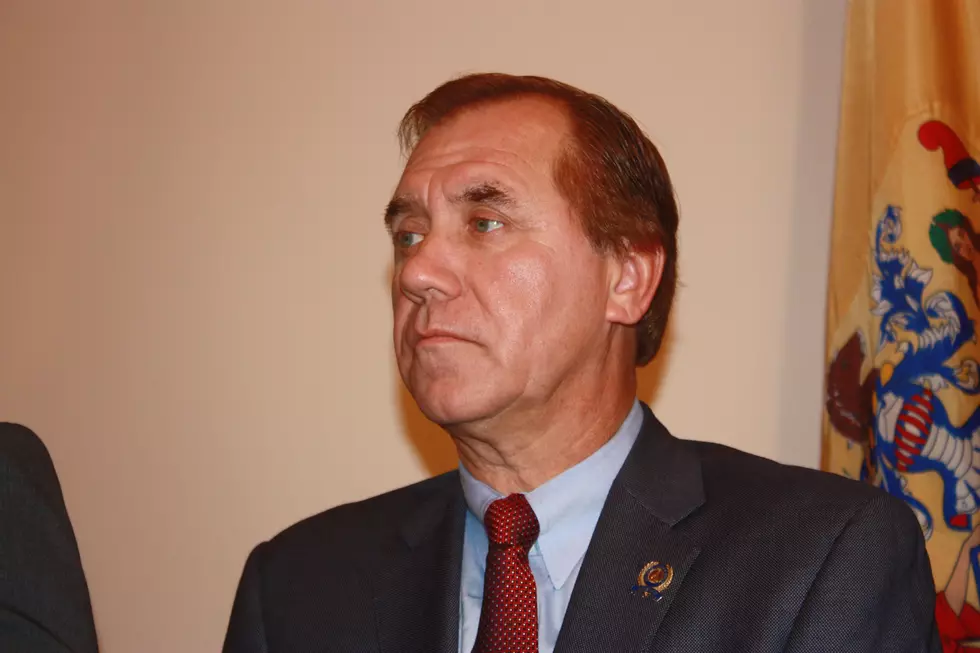NJ is flush with cash. Will you be getting any?
New Jersey is in a rather unusual position as final state budget talks are underway this week. The state is flush with cash.
As negotiations between democratic lawmakers and Gov. Phil Murphy intensify this week, they are trying to figure out how to spend an extra $10 billion in surplus.
Murphy says he is open to giving some of that back to taxpayers in form of property tax relief. Asked about it at during his Monday COVID briefing, Murphy offered no specifics, but said, "If we can find a way, for instance, to plus up the Homestead rebate, count me all in."
Increasing the amount of the Homestead Rebate, however, would leave many New Jersey residents without any relief. Income requirements for the program remain frozen at 2017 levels. The cutoff for benefits is $150,000 for homeowners over the age of 65 and $75,000 for homeowners under 65.
The median income in New Jersey is approximately $82,000 per year, so roughly half of the state would see zero relief unless adjustments to eligibility are made.
Republicans in the legislature have been demanding enhanced property tax relief, but have not proposed any specifics plan. The state is already planning to pay $500 rebates in July to married-couple family households with incomes under $150,000 or single-parent households with incomes under $75,000. Democrats agreed to the rebates as part of the law hiking taxes on income over $1 million approved last September.
Demand for a share of the windfall has been loud and strong. Immigrant right's groups want nearly a $1 billion in direct payments to undocumented residents who were not eligible for other forms of pandemic relief. Murphy has indicated support for relief to undocumented residents, but has not committed to an amount of funding.
New Jersey Congressman Josh Gottheimer has proposed using some of the pandemic relief funding to incentivize the unemployed to take a job and help end the worsening worker shortage.
After years of running huge budget deficits, the surplus is unusual and somewhat artificial. While tax collections are up over initial projections from the Murphy administration, much of the surplus comes from federal pandemic relief funding and the borrowing of billions of dollars. Murphy claimed the borrowing was necessary to support a budget that was decimated by his shutdown of the New Jersey economy. It turns out that borrowing was not needed, and republicans have accused Murphy of inflating a potential deficit to get the borrowing approved by lawmakers.
New Jersey residents charged in Jan. 6 Capitol riot (in alphabetical order)
NJ's most and least COVID vaccinated towns, by county
More From New Jersey 101.5 FM









